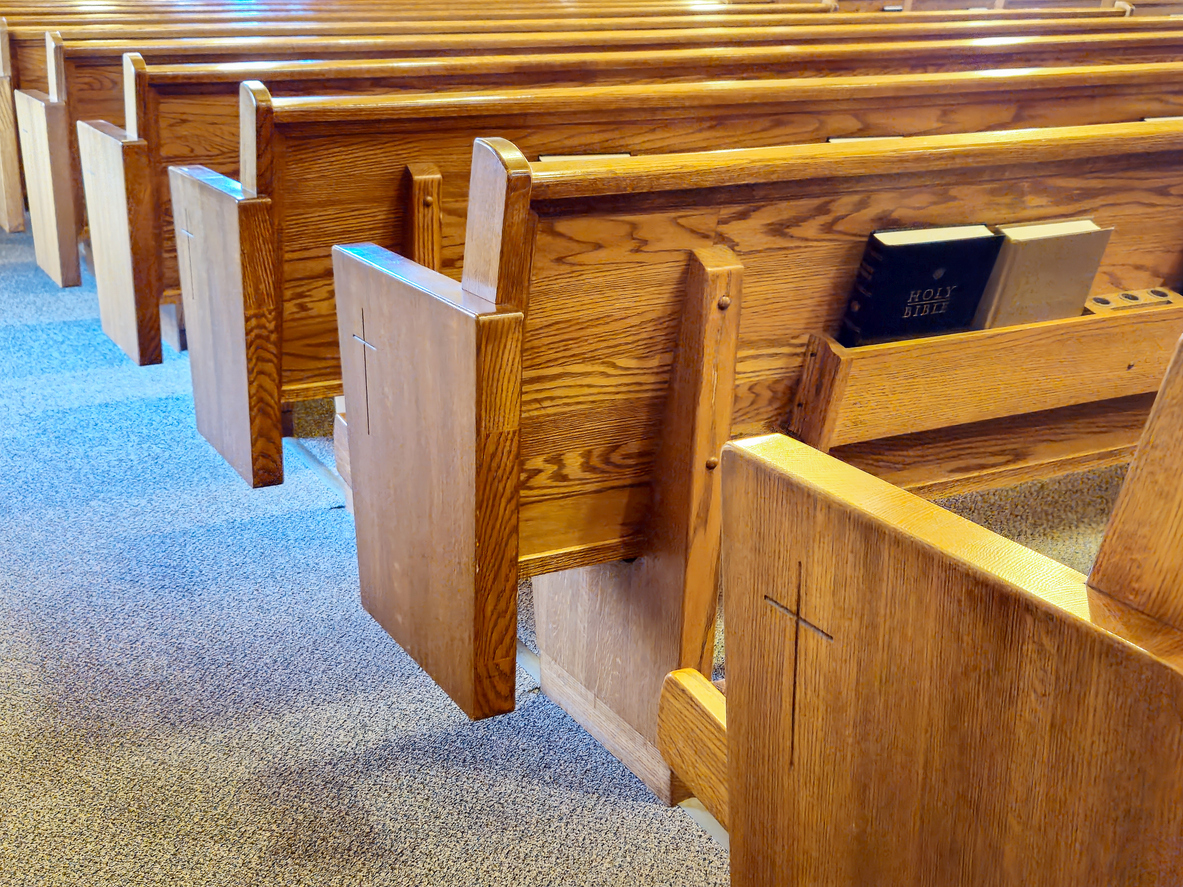
The discussion around safeguarding within the Church draws fresh attention with recent insights from the Book of Common Prayer’s Epistle reading. This scriptural foundation aligns with the Apostle Paul’s teachings to the Philippians in the New Testament.
The passage from Philippians 2:5-11 (NIV) encourages believers to emulate Christ’s humility and servitude, emphasizing, “In your relationships with one another, have the same mindset as Christ Jesus: Who, being in very nature God, did not consider equality with God something to be used to his own advantage; rather, he made himself nothing by taking the very nature of a servant, being made in human likeness. […] And being found in appearance as a man, he humbled himself by becoming obedient to death – even death on a cross!”
Following the critical report on the Church of England’s safeguarding practices, Professor Alexis Jay, the former chair of the Independent Inquiry into Child Sex Abuse, addressed the General Synod via video message in February 2024. Her observations highlighted the Church’s deficiencies compared to secular standards, stating, “Safeguarding in the Church today falls below the standard expected and set in secular organisations, which are required to follow statutory guidance.”
Professor Jay urged the Church to reconsider outdated perceptions on safeguarding, remarking, “For example, we heard from a number of people that safeguarding should be rooted in Scripture and that being a practising Christian should be a prerequisite to holding a safeguarding role.”
While debates continue over the necessity of Christian faith for safeguarding officers, the scriptural basis for safeguarding is evident. This biblical directive serves as a counter to the exploitation by church abusers who misuse their leadership roles for personal gain.
Channel 4 News revealed abuses by Rev David Fletcher, notorious for leading Iwerne evangelical camps in Dorset. His actions, uncovered by journalist Cathy Newman, included inappropriate behavior with a young girl named Jeni, whom he began grooming at age 13. She recounts how Fletcher tried to kiss her inappropriately, leading to further abuse when she was 15 or 16.
Fletcher, whose father was a cabinet minister under Harold Wilson, abused Jeni in 1980 at his family home. Jeni described his influence at the camps as “a bit like a spider in a web.” Fletcher later led St Ebbe’s church in Oxford until his death in 2022.
The actions of leaders like Fletcher starkly contrast with Paul’s call for Christians to adopt Christ’s selfless nature, exemplified by his ultimate sacrifice. The responsibility to prevent abuse lies with every Christian, challenging them to avoid the egotism that breeds such misconduct.
The Collect for the Sunday Next Before Easter echoes this theme of humility, praying for believers to emulate Christ’s patience and partake in his resurrection: “Almighty and everlasting God, who, of thy tender love towards mankind, hast sent thy Son, our Saviour Jesus Christ, to take upon him our flesh, and to suffer death upon the cross, that all mankind should follow the example of his great humility: Mercifully grant, that we may both follow the example of his patience, and also be made partakers of his resurrection; through the same Jesus Christ our Lord.”
This article was originally written by www.christiantoday.com






